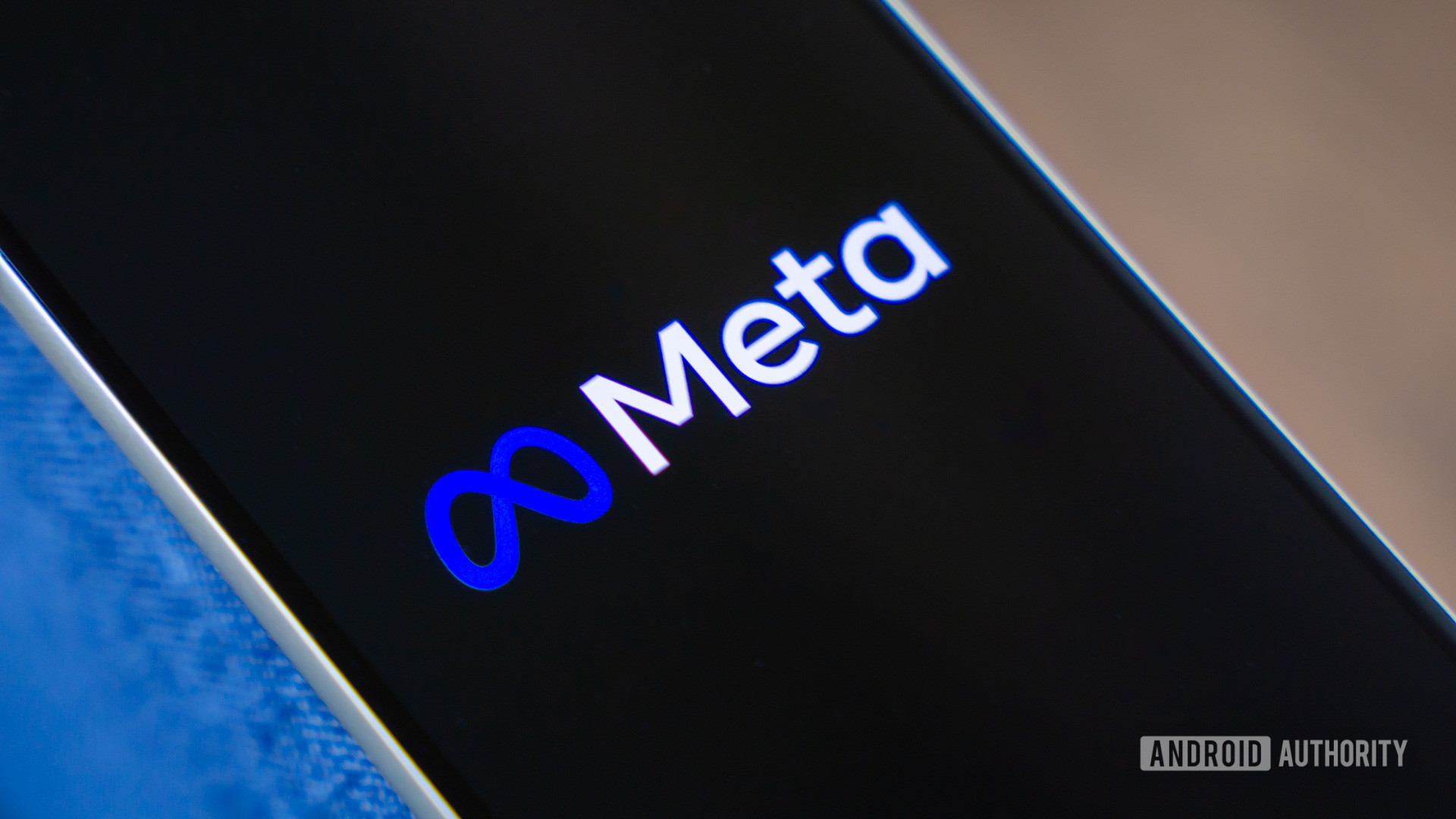
Edgar Cervantes / Android Authority
TL;DR
- The European Commission says that Meta’s advertising model on Facebook and Instagram may violate the Digital Markets Act.
- Users are given a choice between allowing personalized ads or paying for an ad-free experience, which the Commission argues restricts user consent.
- Meta could face substantial fines if it fails to address the Commission’s concerns and comply with the DMA.
In a significant blow to Meta, the European Commission today issued a preliminary ruling that the tech giant’s ‘pay or consent’ advertising model for Facebook and Instagram violates the Digital Markets Act (DMA).
The DMA, a landmark piece of EU legislation, empowers users to decide how their data is used and ensures that smaller companies can compete with tech giants on equal footing. The DMA requires gatekeepers — companies with significant influence in digital markets — to obtain explicit consent from users for data collection and usage. If users refuse, they should still be able to use an equivalent, less personalized version of the service.
In November 2023, Meta introduced the ‘pay or consent’ model for EU users, giving them a stark choice: pay a monthly fee for an ad-free experience or use a free version with advertising that relies on their personal data. The Commission argues that this binary choice doesn’t offer a genuine alternative that respects users’ right to privacy and data protection.
The Commission’s preliminary findings highlight two main issues with Meta’s approach:
- Users are not given the option to use a service that respects their privacy by limiting data collection but still provides an equivalent experience.
- The model does not allow users to freely give or withhold consent without losing access to essential services.
Meta now has the opportunity to respond to the Commission’s preliminary findings and present its defense. If the Commission’s preliminary findings are upheld, Meta could face severe penalties, including fines of up to 10% of its global turnover, increasing to 20% for repeated offenses.
Additionally, the Commission could impose further sanctions, such as requiring Meta to divest parts of its business or barring it from acquiring other services. The investigation, which began on March 25, 2024, will conclude within 12 months.
Got a tip? Talk to us! Email our staff at [email protected]. You can stay anonymous or get credit for the info, it's your choice.








 English (US) ·
English (US) ·